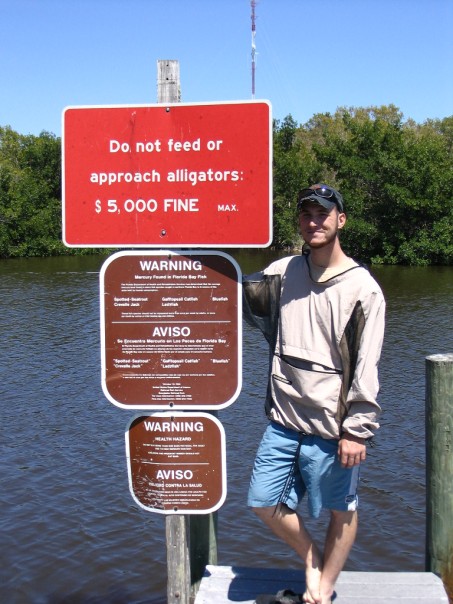Researchers from Stony Brook Southampton’s Marine Science Center say they have detected a previously unidentified species of toxic algae in East End bays that could be harmful to humans.
Details about the discovery of the toxic Alexandrium algae will be presented by Stony Brook University professor Dr. Christopher Gobler and his research students who identified the algae as part of a symposium at the Stony Brook Southampton campus this Friday night.
The algae, the same species that has forced the annual halt of valuable shellfish harvests in Massachusetts and Maine in recent years, was found in relatively small quantities locally, but traces of a neurotoxin that the algae produces were also detected for the first time in local waters, according to Dr. Gobler. The neurotoxin the algae produces can accumulate in the meat of shellfish that are exposed to prolonged blooms of the algae and could be dangerous to humans who eat the shellfish.
The reddish hue that the blooms of Alexandrium algae add to the water they live in has earned it the nickname “red tide”—recalling the infamous “brown tide” blooms of another algae species that have plagued East End bays for more than two decades.
Read the rest here.
Harmful algal blooms are becoming more of a problem on Long Island. Last year, we observed the largest and longest brown tide bloom every recorded, the appearance of another type of red tide which is toxic to many larvae, and this Alexandrium, a red tide which produces a toxin that is harmful to humans. There are many reasons for the increasing numbers of these bloom events, such as nutrient loading, land use change, climate change, and overfishing of filter feeders. This is also becoming a national problem, and much of the new environmental legislation is geared toward prevention, mitigation and control of these bloom species. This is the focus of much current research within the Gobler lab at the School of Marine and Atmospheric Sciences of Stony Brook University.




1 comment:
France medicaments
Post a Comment